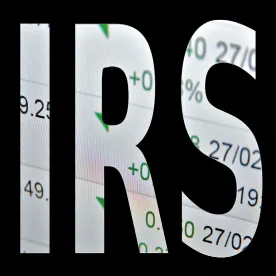As taxpayers are (or should be) aware, federal income tax returns must be timely filed to avoid potential penalties under Internal Revenue Code (Code) Section 6651. Historically, this meant mailing a tax return and, for returns filed close to the due date, ensuring that the “timely mailed, timely filed rule” applies (see here for our recent post on the “mailbox rule”). In recent years, there has been a push to electronically file tax returns with the Internal Revenue Service (IRS). However, for one reason or another, the potential exists that an e-filed return may be rejected.
Treasury Regulation § 301.7502-1(d) acknowledges that the mailbox rule applies to e-filed returns and that the conditions are met if the return is transmitted via an authorized electronic return transmitter and received by the IRS in a processable form. The Internal Revenue Manual (Section 20.1.2.1.1) further provides e-filed returns with a timely electronic postmark that are rejected by the IRS’s e-file system are considered timely if they are mailed (or re-transmitted) within 10 days after an initial notification of rejection.
For most taxpayers, an e-filed return is accepted by the IRS and processed in a timely manner. However, it appears that the IRS’s electronic filing system may reject some e-filed returns based on the actual tax reporting position that has nothing to do with whether the return is properly transmitted. For example, the IRS may reject a tax return if a taxpayer claims a dependent and a return has previously been filed by another taxpayer claiming that same dependent. If the taxpayer had timely mailed in a hard copy of the tax return claiming the dependent (regardless of whether that position was correct), there is no question that the return would be treated as a valid and timely filed return under the test set forth in Beard v. Commissioner, 82 TC 766 (1984).
This raises the interesting question of why a return that, if filed in hard copy, would be treated as a timely and valid return while the identical return filed electronically would be rejected and potentially subject to the late-filing penalty under Code Section 6651. The American Bar Association Section of Taxation recently addressed this issue in comments to the IRS and suggested a 30-day grace period as opposed to the current 10-day period set forth in the Internal Revenue Manual.. It remains to be seen what action the IRS will take in response to these comments.
Practice Point: The timely filing of a tax return is extremely important to avoid any potential penalties. Taxpayers that e-file should ensure that they receive notification that their return has been accepted and processed. If an e-filed return is rejected, taxpayers should consider immediately re-transmitting the return or mailing a hard copy to avoid the potential for a penalty fight.




 />i
/>i

